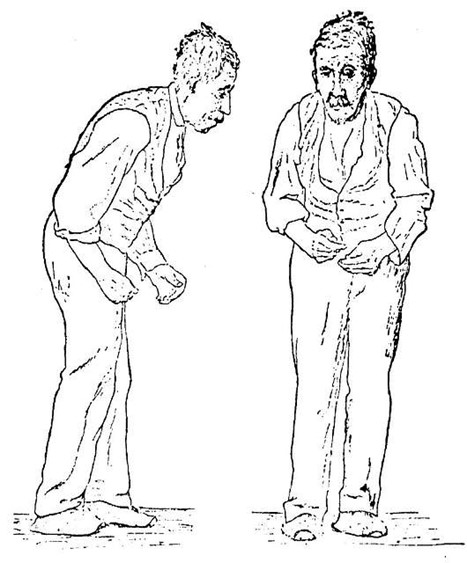Maximize Your Workout: How Exercise Timing Impacts Your Performance and Results
Timing is everything when it comes to exercise. The time of day you choose to work out can influence your performance, muscle growth, fat loss, and even recovery. Understanding the science behind exercise timing can help you optimize your routine and achieve your fitness goals more effectively.
Morning Workouts: Energize Your Day
Exercising in the morning has several benefits:
- Boosts Metabolism: Morning workouts can jumpstart your metabolism, helping you burn more calories throughout the day.
- Enhances Consistency: People who exercise in the morning tend to be more consistent with their routine.
- Improves Mood: A morning workout releases endorphins, reducing stress and boosting mental clarity for the day ahead.
- Optimizes Fat Burning: Studies suggest that fasted workouts (exercising before breakfast) may enhance fat oxidation.
Best Morning Workouts:
- Low-intensity steady-state (LISS) cardio
- Strength training (if fueled properly)
- Yoga or stretching
Afternoon and Evening Workouts: Strength and Endurance Gains
If you’re looking to maximize strength and endurance, late afternoon or evening workouts might be ideal:
- Increased Strength: Research shows that body temperature and muscle function peak in the late afternoon, improving performance.
- Better Endurance: Lung function and oxygen uptake are more efficient in the evening, boosting stamina.
- Greater Flexibility: Muscles and joints are more warmed up, reducing injury risk.
- Stress Relief: Evening workouts help reduce stress accumulated throughout the day and can improve sleep quality if done a few hours before bedtime.
Best Afternoon/Evening Workouts:
- High-intensity interval training (HIIT)
- Heavy strength training
- Team sports or group fitness classes
How to Choose the Best Workout Time for You
While science provides insights into optimal workout timing, the best time for exercise ultimately depends on your lifestyle, fitness goals, and personal preference. Here are a few factors to consider:
- Your Schedule: Choose a time when you can be consistent.
- Energy Levels: Workout when you feel most energized and focused.
- Goals: If weight loss is your goal, morning fasted workouts may help; for muscle gains, afternoon or evening workouts might be better.
- Sleep Patterns: Avoid late-night workouts if they interfere with sleep.
To learn more, check out this summary from American Heart Association.
Whether you’re a morning enthusiast or a night owl, the key to success is consistency. Finding the best workout time that aligns with your body’s rhythm and lifestyle can enhance performance, aid recovery, and help you achieve your fitness goals more efficiently. Experiment with different times and track how you feel to determine what works best for you.
Enhance your experience to new heights with meticulously selected supplements from the prestigious Asher Longevity Institute. Embrace a holistic approach that ignites your body’s vitality and maximizes your overall well-being.




